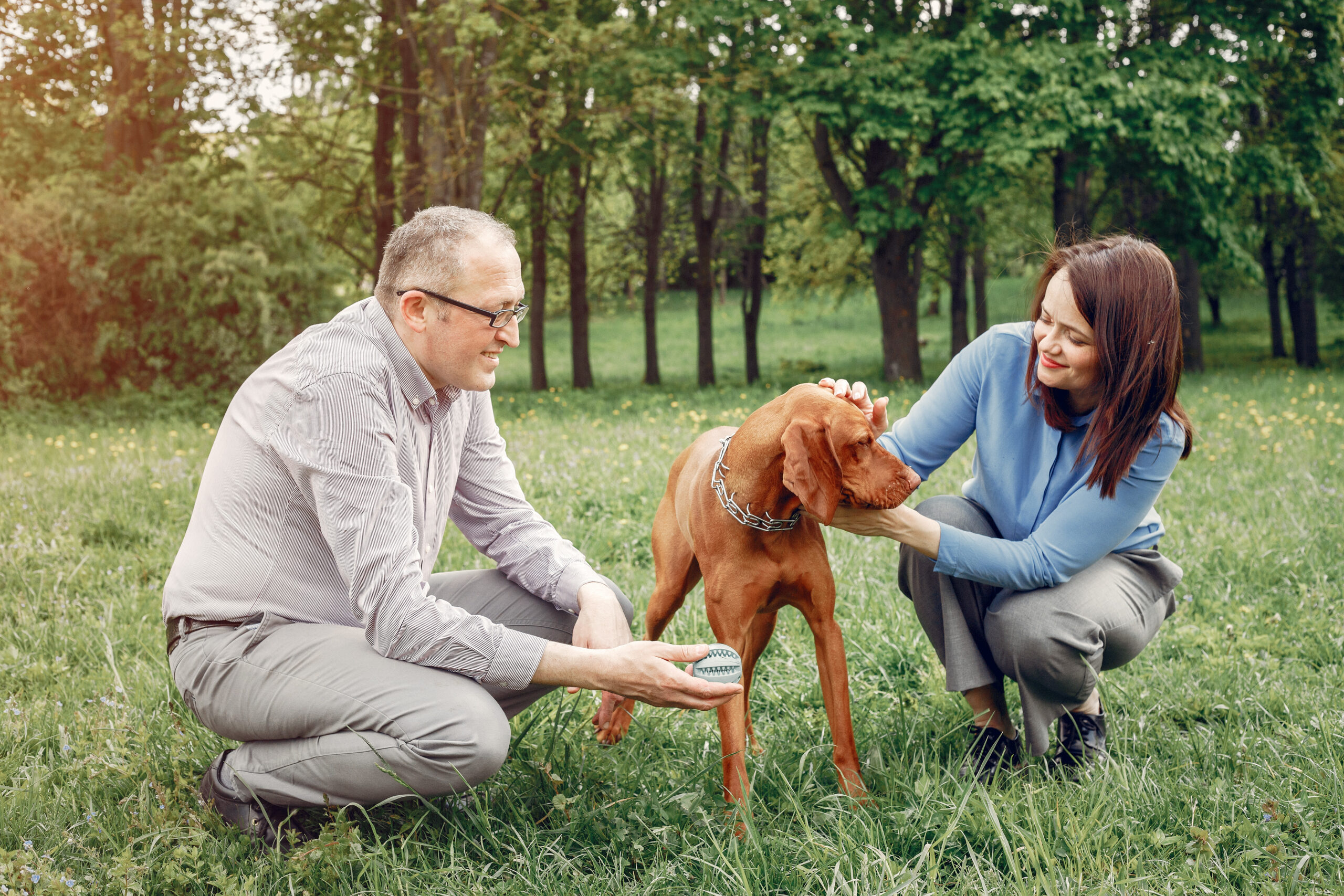The Role of Omega-3s in Supporting Dog Brain Function for Training
When it comes to boosting brain function, there’s a reason Omega-3s are often referred to as “brain food” for both humans and dogs. These essential fatty acids play a crucial role in cognitive development and neural health. For dogs undergoing training, maintaining optimal brain function is paramount to ensure they can efficiently learn and retain … Read more









